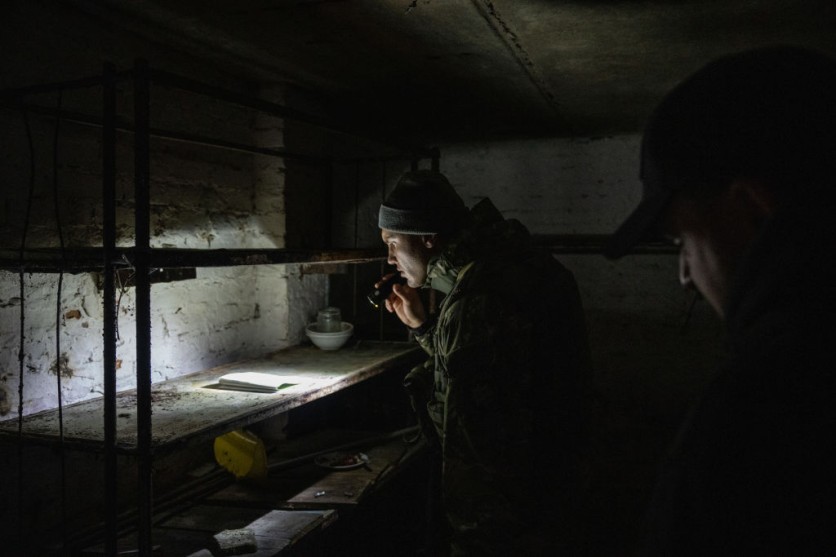At least 30 people were this week from Russia's attacks on civilian infrastructure across Ukraine after President Vladimir Putin accused its foe of attacking a bridge connecting to Crimea, a Black Sea peninsula that Russia annexed in 2014.
Several cities, such as the capital Kyiv and Lviv, which both serve as an IT hub in the west, experienced disruptions from the barrage of attacks.

According to Bloomberg, this was a safe area for IT professionals to continue their jobs despite the ongoing conflict. But with the recent attacks, the sector may be struggling to survive.
Oleksandr Ruban, the CEO of a company based in Odesa that offers communications technology services, was one of those who were severely affected by the strikes after one of his offices went offline.
As per Bloomberg's report, Ringostat's four employees in Cherkasy relied on a diesel generator and their Starlink terminal to cater to their customers in Canada and Kazakhstan.
Bloomberg further noted that the IT sector has managed to continue its productivity amid the war but the ongoing disruptions may further limit the capacity of businesses to continue their operations.
Uncertainty Looms
Starlink satellites have been crucial for many Ukrainians as it is their only way to connect to the internet when there are electricity outages.
But the future of the service looms with uncertainty since SpaceX CEO Elon Musk threatened to halt his financial backing to the war-torn country after Ukrainian officials criticized his peace proposal for the war.
Musk tweeted a four-point plan for peace, but it included Kyiv conceding to Moscow and remaining neutral. Ukraine's President Volodymyr Zelensky did not take this lightly and tweeted a poll asking his followers which Musk they prefer, one who supports Russia or one that supports Ukraine.
Read also : Elon Musk Denies Speaking with Russia's Putin About Ukraine But Claims Space, Rocket Conversation
Is the Sector Resilient?
According to a study written by Johannes Wachs, a researcher at the Complexity Science Hub Vienna, a ban on conscription-age men leaving the nation may have been a factor in why the IT sector appears to be resilient.
The study discovered that compared to their Ukrainian colleagues, Russian software developers were more likely to have relocated after the war broke out.
Before the war, 1.1% of Ukraine's workforce was employed in the sector, and sales have increased this year. As the country's overall economy is predicted to contract by almost a third in 2022, the sector has emerged as a significant source of foreign cash, as per Bloomberg.
According to central bank figures, IT companies generated more than $5 billion in export sales in the first eight months of the year, increasing their contribution to the nation's export earnings to 14%.
The International Monetary Fund noted that Kyiv would require financing of at least $3 billion per month starting next year to make up for its wartime deficit.
The IT sector has continued to thrive despite the conflict, according to Stepan Veselovskyi, CEO of the Lviv IT cluster, a group of more than 200 IT companies.
"If we lose it as well, due to power outages or internet disruptions, we'll be forced to seek even more money from other nations," Veselovskyi said in a statement with Bloomberg.
Related Article : Western Forces Will Send Air Defense Systems to Ukraine After a Nuclear Plant Blackout
This article is owned by Tech Times
Written by Joaquin Victor Tacla
ⓒ 2026 TECHTIMES.com All rights reserved. Do not reproduce without permission.




